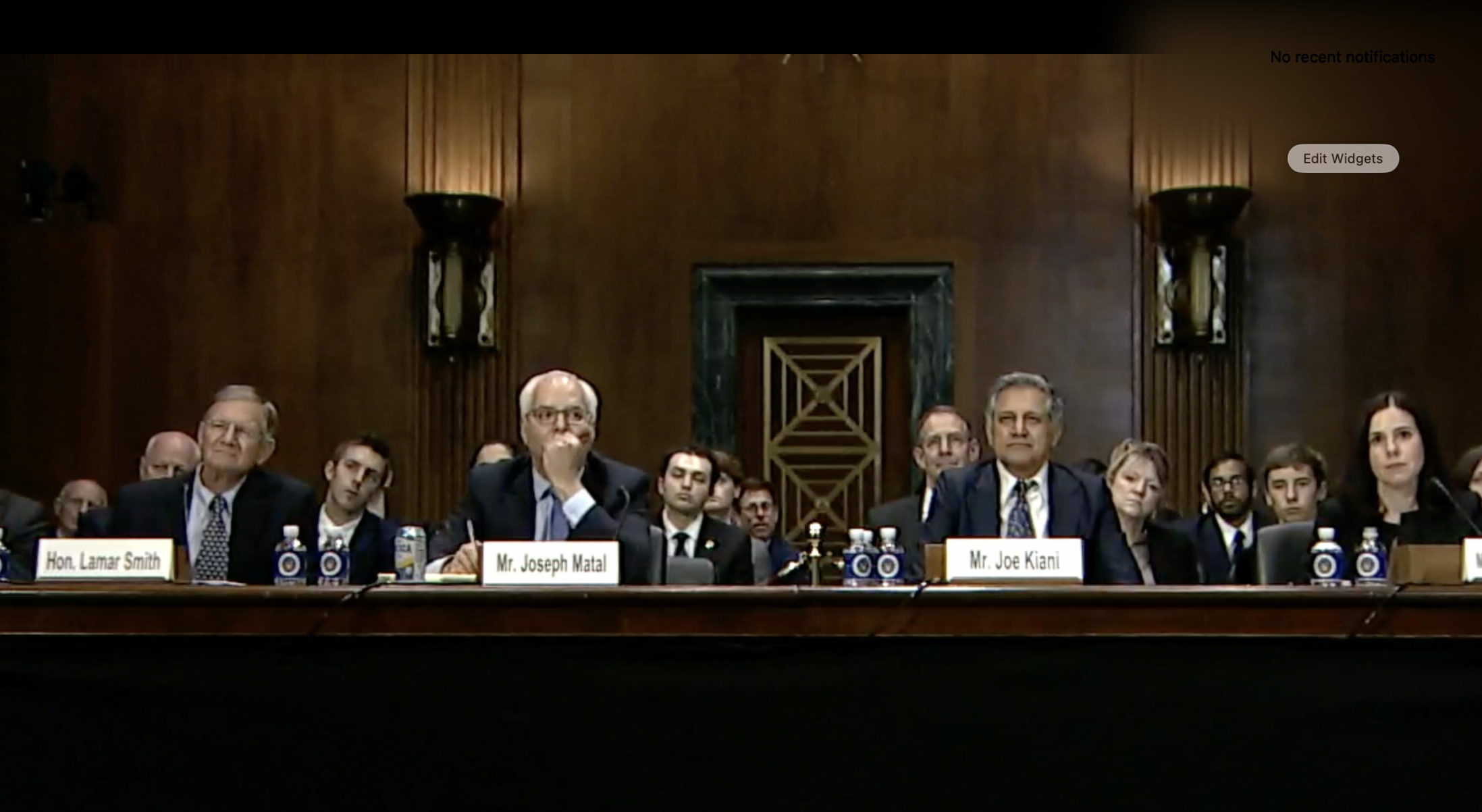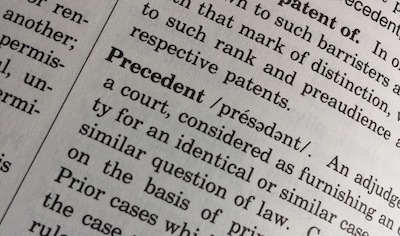Senate IP Subcommittee Mulls PREVAIL Act Proposals for PTAB REform
“The [Federal Circuit] is not rejecting the PTAB’s decisions because of the low standard the PTAB has, not because [the PTAB judges] are expert technologists; the expert technologist was our patent examiner who had been doing pulse oximetry patents for 30 years.” – Joe Kiani, Masimo
The Senate Subcommittee on Intellectual Property held a hearing today featuring witnesses who weighed in on the Promoting and Respecting Economically Vital American Innovation Leadership (PREVAIL) Act, which was introduced in June by Senators Chris Coons (D-DE), Thom Tillis (R-NC), Dick Durbin (D-IL) and Mazie Hirono (D-HI). Today’s was the sixth hearing of the IP Subcommittee this year.
The goal of the PREVAIL Act is to reform the Patent Trial and Appeal Board (PTAB) in a number of ways. Key provisions of the bill would:
- Require standing for PTAB challengers—specifically, that they must have been sued or threatened with a patent infringement lawsuit before filing a PTAB challenge—and limit multiple petitions against the same patent by “prohibiting any entity financially contributing to a PTAB challenge from bringing its own challenge”;
- Do away with joinder for time-barrred parties;
- Apply estoppel at the time the challenge is filed rather than after the Final Written Decision;
- Institute a “clear and convincing evidence” standard for patent invalidity at the PTAB and require claims be interpreted using the “plain and ordinary meaning” standardused in district courts;
- Require the Director to establish a Code of Conduct for PTAB judges and would demand more transparency of the USPTO Director with respect to their involvement in PTAB decisions;
- Require parties to choose whether to bring their action at the PTAB or in district court, but not both, in an effort to end duplicative proceedings;
- End the practice of filing reexaminations following failed PTAB petitions;
- Establish that PTAB judges who decide whether to institute a post-grant proceeding would not be the same judges who decide the outcome of the proceeding.
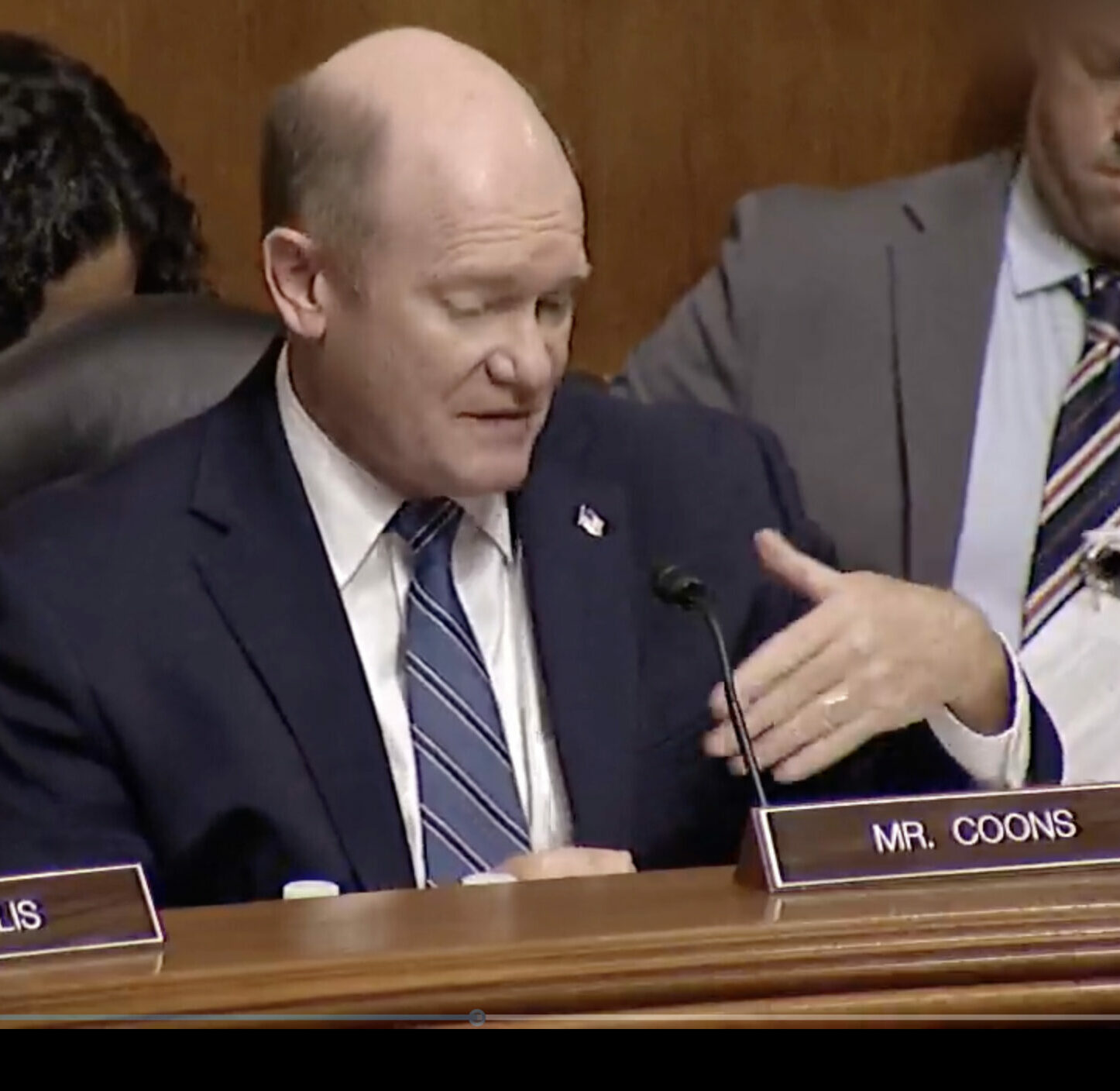
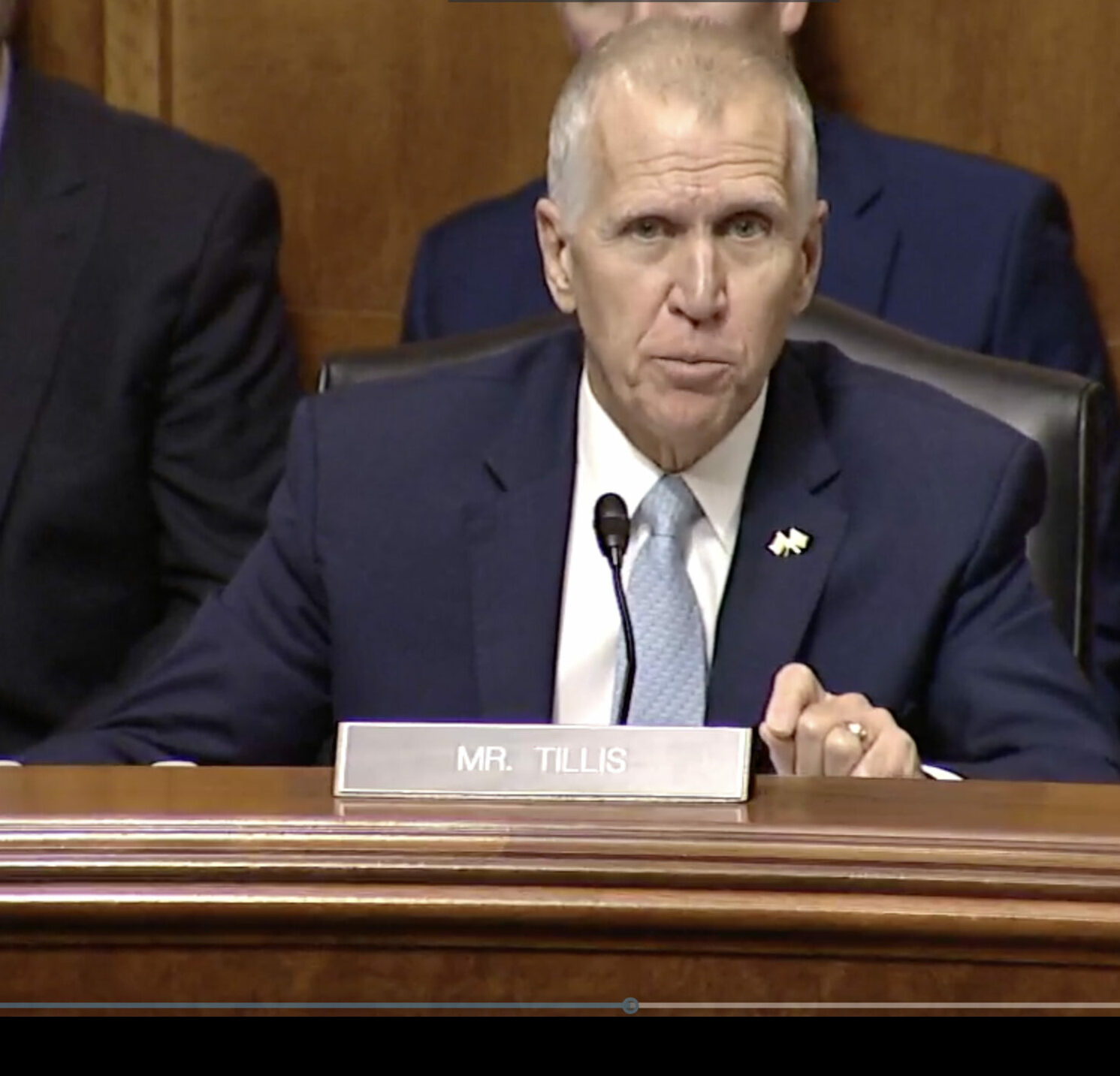
The Stakeholders
A number of organizations submitted letters and issued statements in advance of today’s hearing.
US Inventor, which has been vocally critical of both the PREVAIL Act and Patent Eligibility Restoration Act (PERA), dubbed this a “Sham Hearing” and said that “the PREVAIL Act, while a step in the right direction, will have a marginal effect at best and may have no effect at all.” The inventor organization also took issue with the witness list, which it said lacked the voices of small inventors and businesses.
According to US Inventor’s position paper on PREVAIL, the bill fails to address what USI claims is the root of the PTAB’s problem—”a perverse incentive system that drives the PTAB to invalidate patents at extremely high rates just to stay in business.”
Other groups commended the senators’ efforts and urged passage of the bill. A coalition of IP associations said the bill would restore predictability and re-balance the system.
Brian Pomper, Executive Director at the Innovation Alliance, said the PTAB weakens patent rights and PREVAIL “will limit the ability of Big Tech companies and other patent infringers to launch repetitive and harassing challenges against inventors, and end the ability of patent challengers to choose between the PTAB and district court in search of more favorable rules.”
The Witnesses
The witnesses at today’s hearing included Lamar Smith, former Chairman of the House Committee on the Judiciary and currently Senior Consultant for Akin Gump; Joe Matal, former USPTO Acting Director and Acting Solicitor and now a Principal at Clear IP, LLC; Joe Kiani, Founder, Chairman and CEO at Masimo Corp.; and Michelle Armond, Founding Partner at Armond Wilson, LLP.
Most of the witnesses were generally supportive of the bill. Kiani, in particular, urged quick passage and implied the bill doesn’t even go far enough for many inventors.
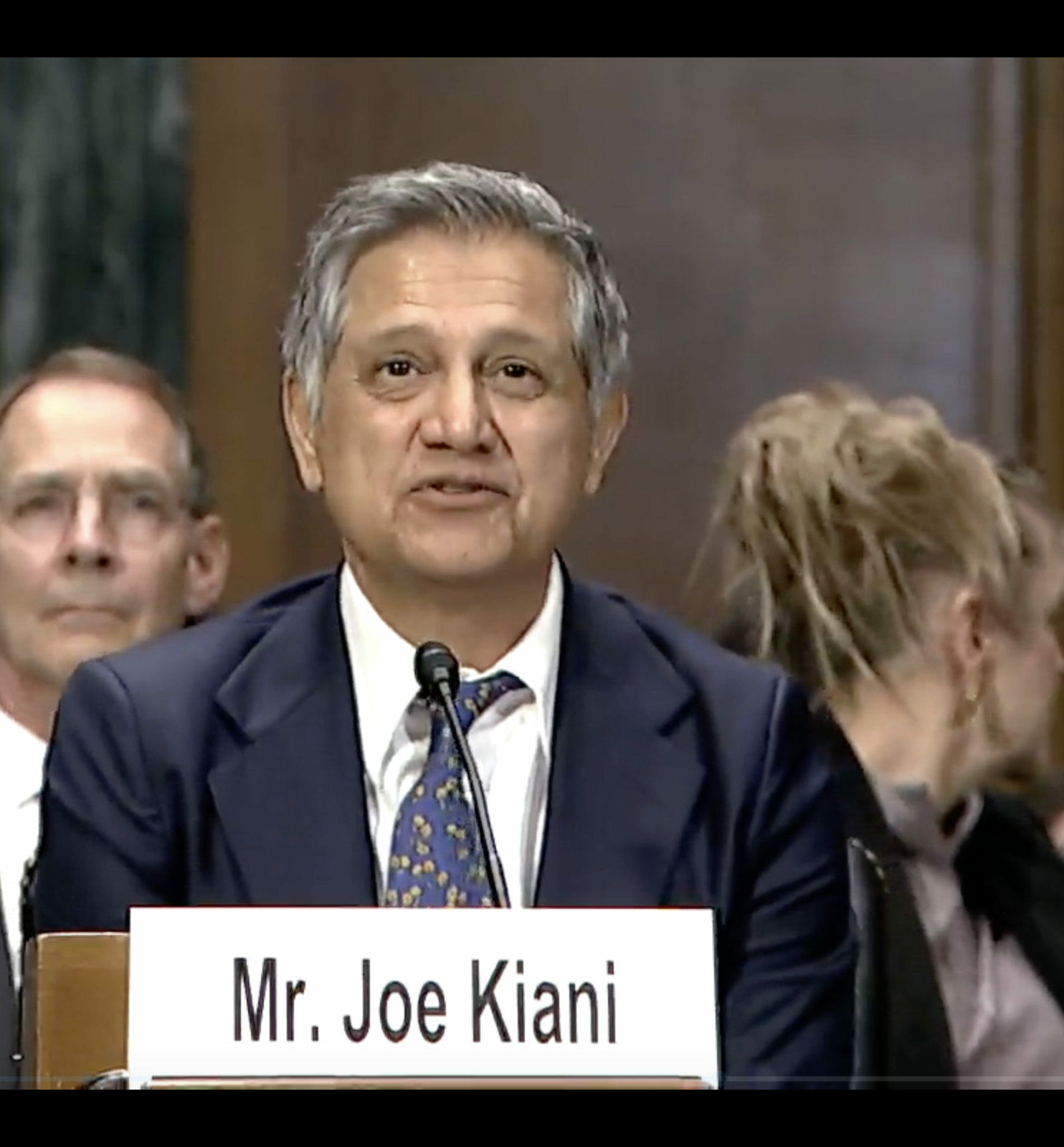
“Preponderance of the evidence, that’s the problem. I learned later that the PTAB’s biggest customer is Apple…. I was hopeful the [Federal Circuit] would overturn the PTAB…but I was shocked that they didn’t; I learned they had no choice but to accept the PTAB’s decision because of the [PTAB’s preponderance of the evidence] standard.”
Kiani referenced a study cited by Matal in his introductory statement and in his written testimony that concluded “the PTAB is affirmed notably more often than district courts on [patent] validity issues.” Kiani said this study “I think missed the point.” He added:
“The [Federal Circuit] is not rejecting the PTAB’s decisions because of the low standard…not because [the PTAB judges] are expert technologists; the expert technologist was our patent examiner who had been doing pulse oximetry patents for 30 years.”
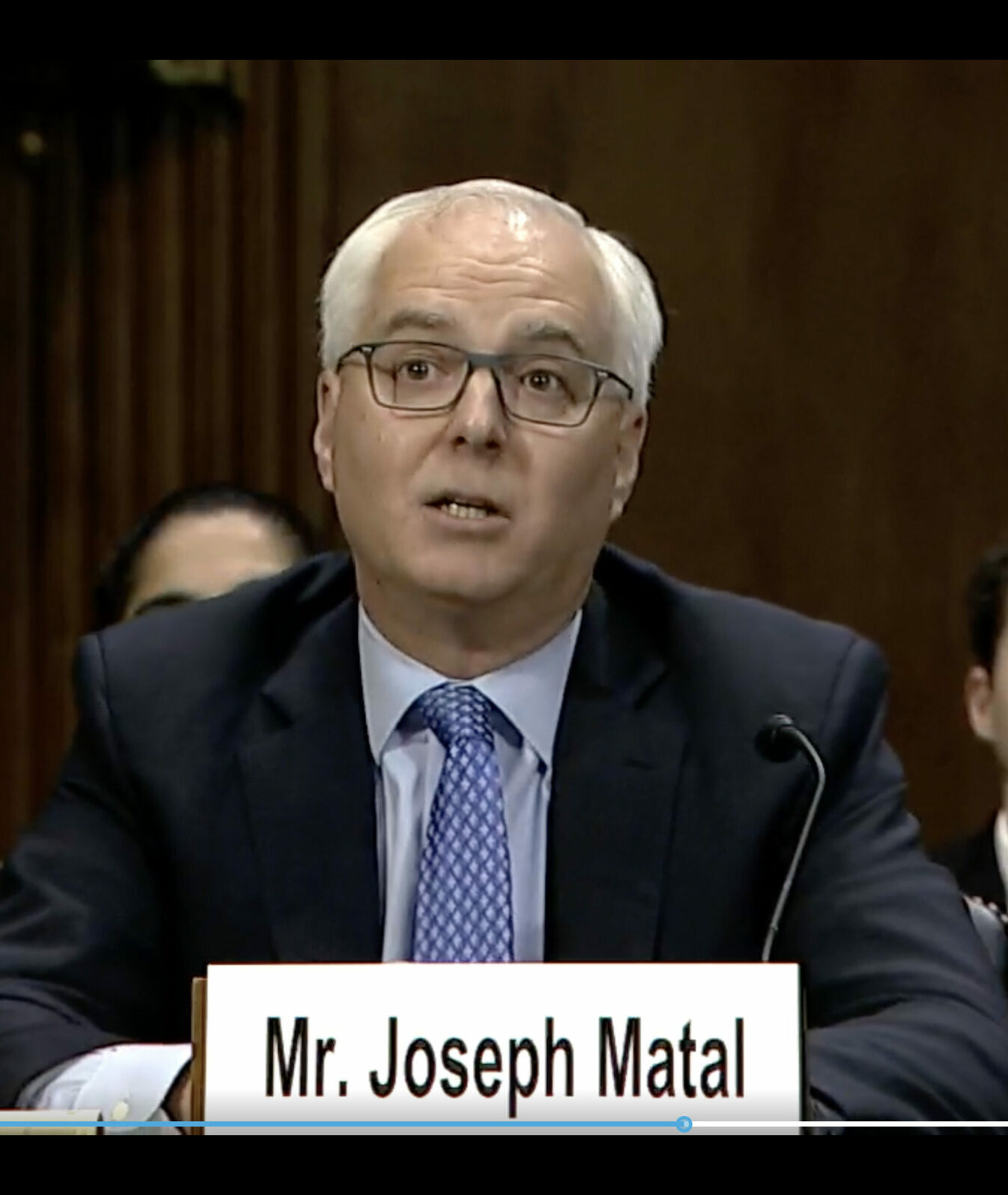
“When you’re back at the agency, it’s the same expert agency, and in fact they’ve had a lot more analysis of the same claims…. If we give people clear and convincing deference automatically, even for prior art that was never considered” the incentive to conduct quality searches during prosecution goes away.”
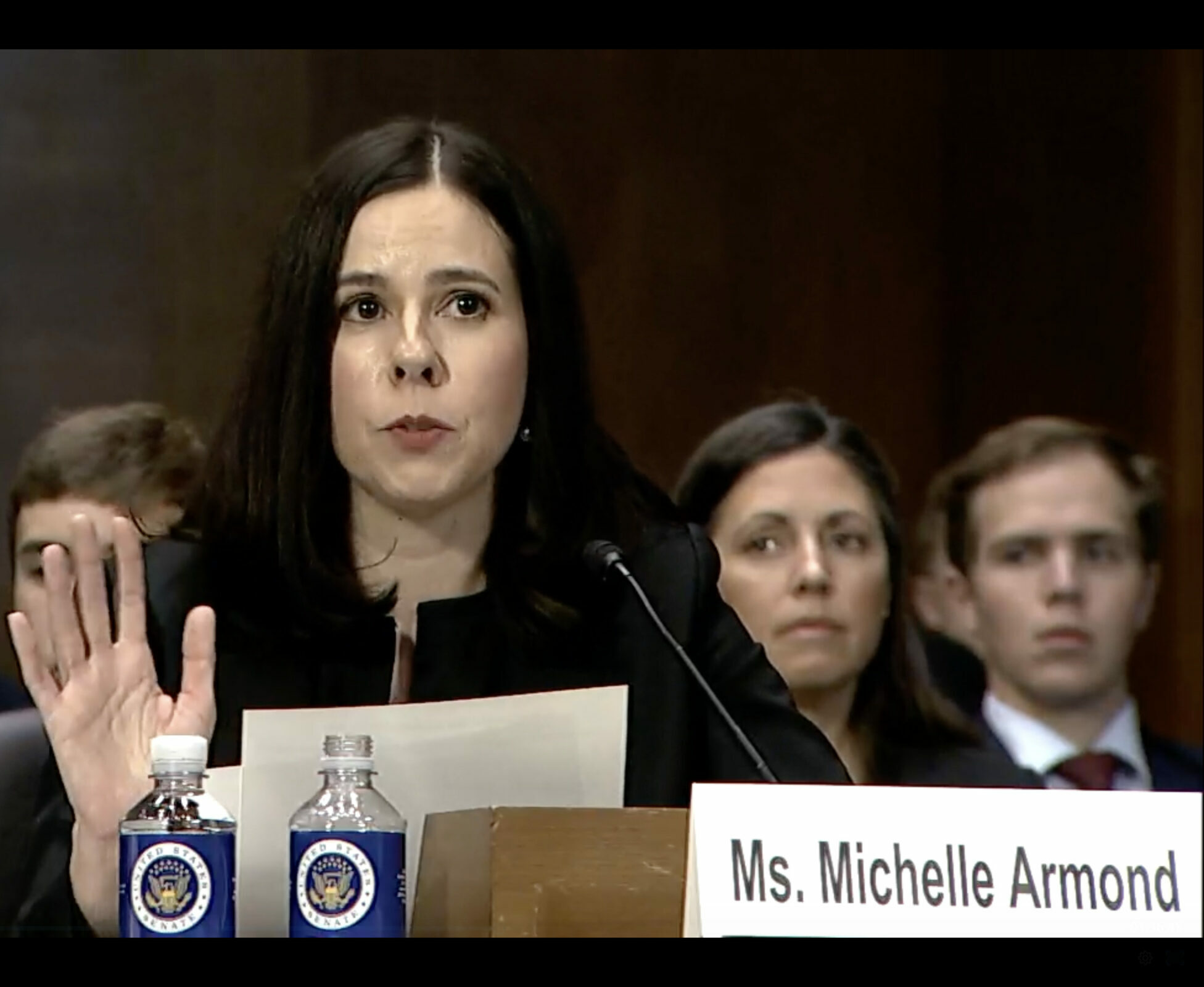
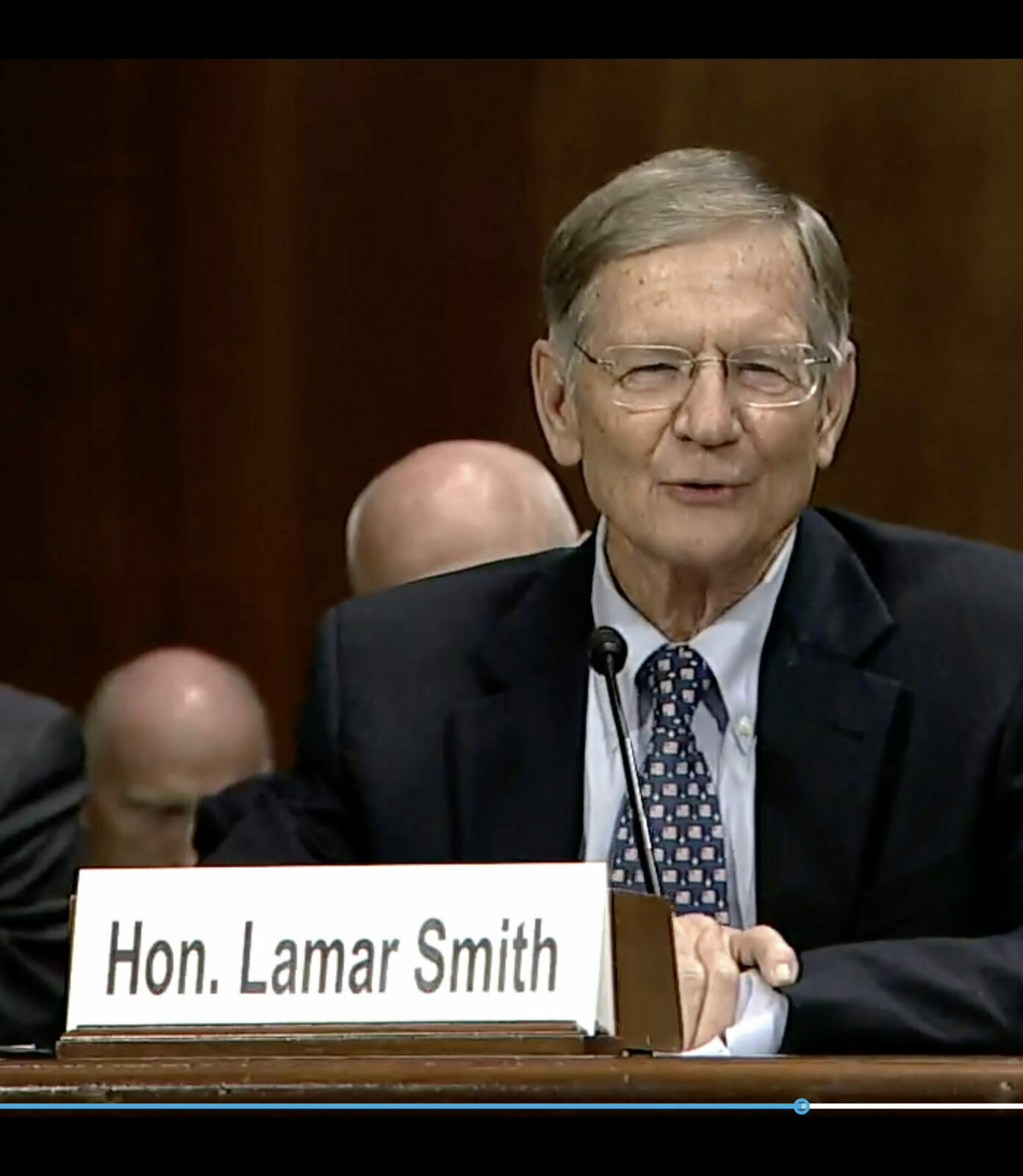
Coons is also said to be gearing up to imminently introduce a bill that would address injunctive relief.

